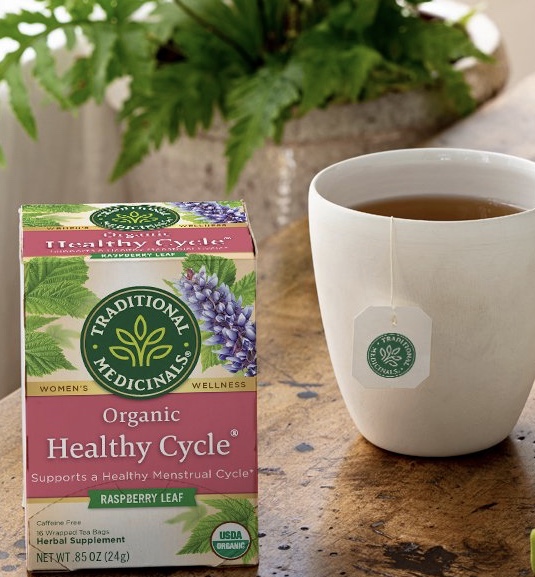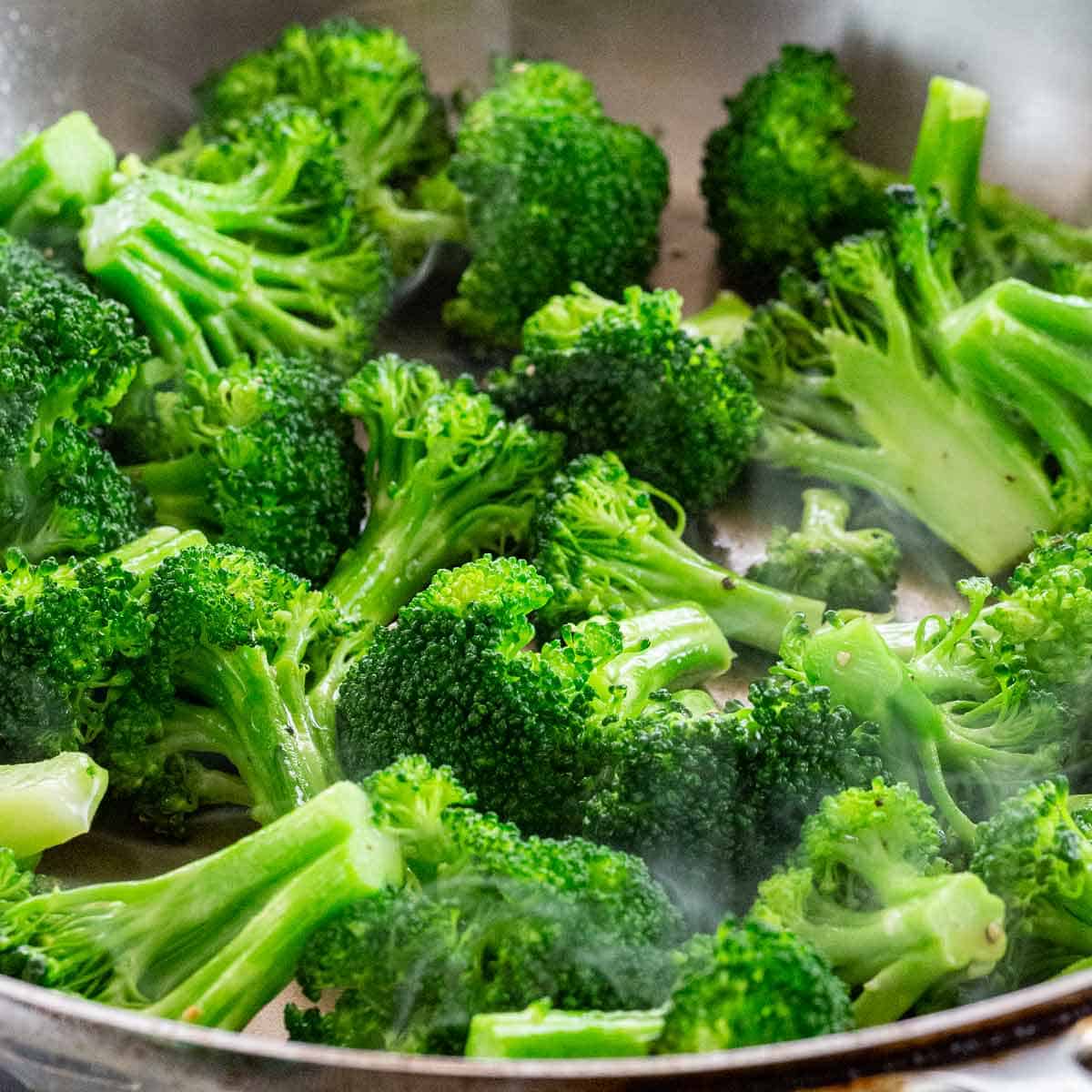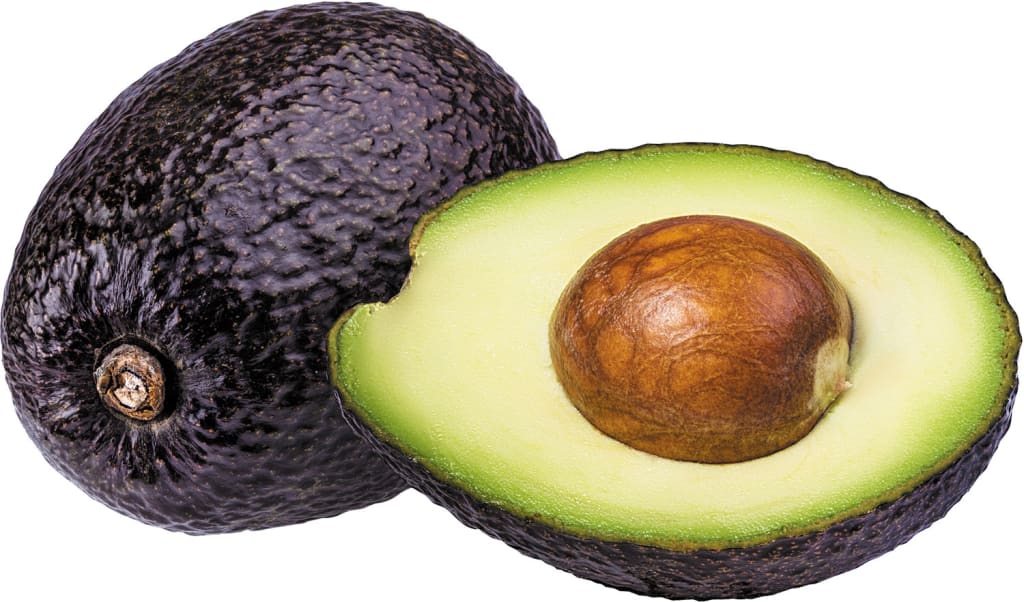
Growing up, I associated my period with pain — and not just aches, but the kind of sharp, excruciating pain that makes you want to spend all day in the fetal position. I’d have to miss days of school, and eventually work; sometimes I threw up. In my attempts to relieve the pain, I tried it all: Tylenol, Ibuprofen, hot packs, exercising, wishing for a quick and painless death. After years of struggling to find a solution, I had basically given up — until I discovered relief in a common grocery-store tea.
Raspberry leaf tea was like nothing I had ever tried. After just a mug, my cramps died down to a dull roar, and after two, they disappeared completely. I drank the tea every few hours throughout the length of my period, whenever I’d start to feel twinges of pain returning, and it continued to keep cramps at bay. I cut out all other attempts at pain management and simply drank raspberry tea. What Is Raspberry Leaf Tea?
Raspberry leaf tea is exactly what it sounds like: tea made from the leaves of red raspberries. It can be found anywhere from health stores to your
local Target. Raspberry leaf can also come in a pill or supplement format, but the tea is easily the most affordable way to ingest it.
Raspberry leaf tea has been used for centuries by midwives to help women at various points during their fertility cycle.
So, what are the benefits? The combination of fragarine, an alkaloid in raspberries, and tannins, a naturally occurring polyphenol often found in wine, are known for treating PMS symptoms, particularly cramping, vomiting, nausea, and diarrhea. “Fragarine is known to help tone and tighten muscles in the pelvic region, thereby assisting with the cramps caused by spasms of these muscles,” Tannins are believed to strengthen the uterus, mitigating heavy and irregular bleeding during the menstrual cycle.
Two additional ingredients that come into play are calcium and magnesium. “These two minerals are also a factor in preventing muscle spasms and therefore preventing PMS cramping,”
Raspberry leaf tea may also benefit women who are expecting. According to “Best used after the first trimester, it helps decrease morning sickness and acts as a source of antioxidants and minerals. Later on, it decreases swelling and leg cramps.”
So drink a cup from time to time for maintenance.
Health Topics





